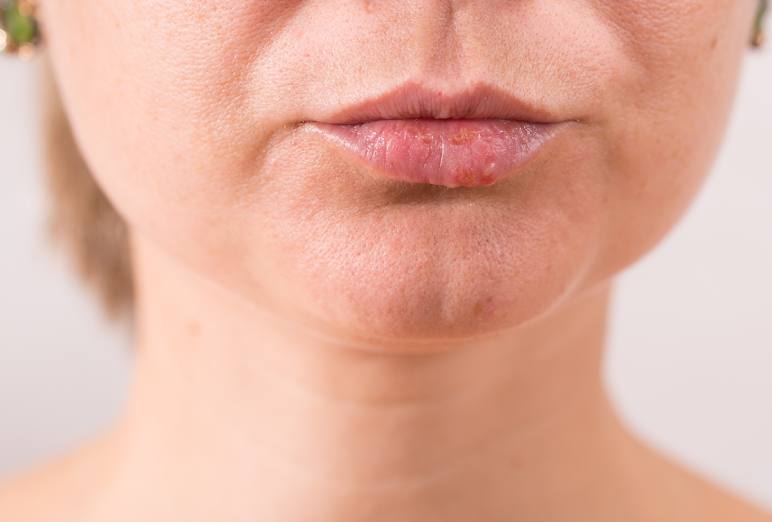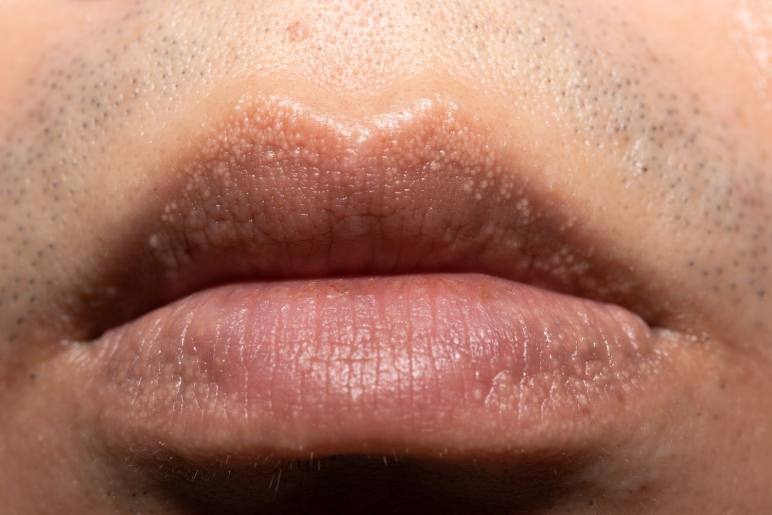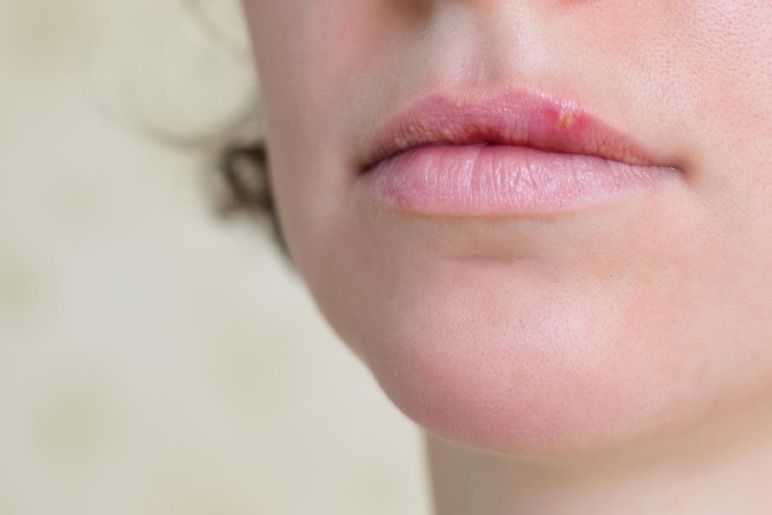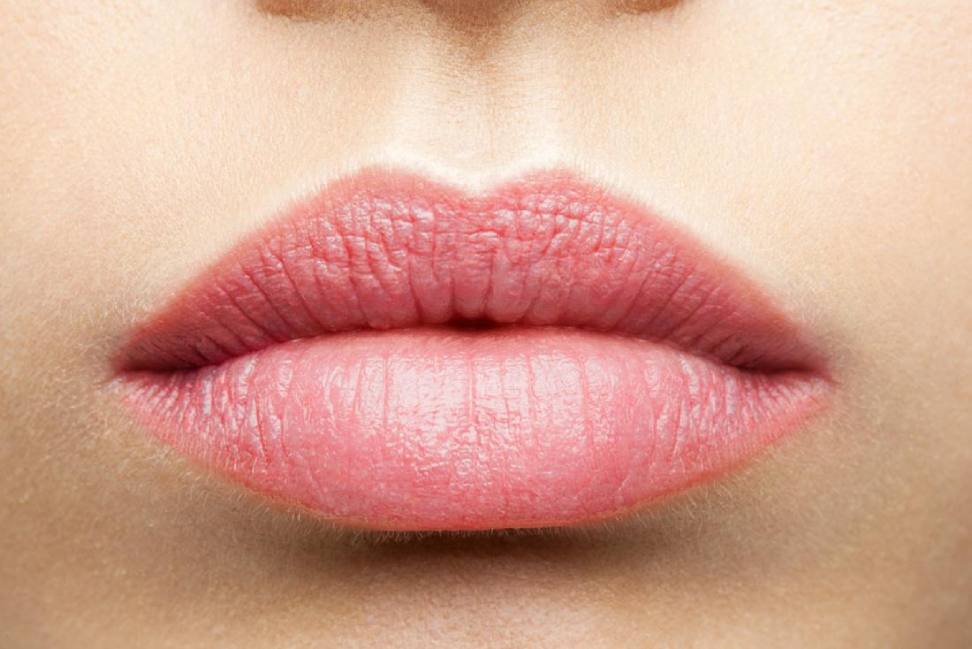White spots on my lips can be a cause for concern, triggering anxiety and curiosity about their origin and potential implications. In this comprehensive guide, we will delve into the various reasons why these white spots may appear on your lips, exploring both common and less-known factors. By the end of this blog, you will gain a better understanding of the possible causes and, in some cases, discover when it’s crucial to seek professional medical advice.
The Basics of White Spots on Lips

White spots on my lips can manifest for a variety of reasons, ranging from harmless conditions to more serious health issues. It’s essential to distinguish between the different types of white spots, as their causes and implications may vary. Common types include Fordyce spots, cold sores, leukoplakia, and oral thrush.
Understanding Fordyce spots

Fordyce spots, often mistaken for whiteheads, are small, raised, and pale white or yellowish bumps that can appear on the lips. These spots are generally harmless and result from the overactive sebaceous glands.
The Role of Viral Infections

Cold sores, caused by the herpes simplex virus, can contribute to the development of white spots on my lips. These spots often start as fluid-filled blisters and may eventually crust over, leaving behind white or yellowish areas. While cold sores are usually benign, they can be contagious, and proper care is essential to prevent spreading.
Leukoplakia: A Closer Look
Leukoplakia is a condition characterized by white patches on the mucous membranes of the mouth, including the lips. While it is often benign, leukoplakia can sometimes indicate precancerous changes. Factors such as tobacco use, alcohol consumption, and chronic irritation can contribute to the development of leukoplakia.
Candida Overgrowth and Oral Thrush
Oral thrush, a fungal infection caused by Candida overgrowth, can result in white patches on the lips and inside the mouth. Individuals with weakened immune systems, diabetes, or those taking antibiotics are more susceptible to this condition. Identifying and addressing the underlying causes are crucial for effective treatment.
Allergic Reactions and Irritants
White spots on the lips may also be a result of allergic reactions or irritation from certain substances, such as lip balms, toothpaste, or even certain foods. Understanding your body’s sensitivity to these substances is vital in preventing and addressing such reactions.
Hormonal Changes and Menstruation
Hormonal fluctuations, particularly in women, can contribute to the appearance of white spots on the lips. Menstruation, pregnancy, or the use of hormonal contraceptives may influence the skin’s condition, leading to the development of these spots. Understanding your body’s response to hormonal changes can aid in managing and preventing white spots.
Stress and Its Impact on Skin Health
Stress is known to affect various aspects of health, including skin conditions. White spots on the lips may be exacerbated or triggered by stress. Practicing stress-reduction techniques, such as meditation and mindfulness, can positively influence your skin’s health.
Lack of Proper Oral Hygiene
Inadequate oral hygiene can contribute to a range of oral health issues, including white spots on the lips. Bacterial or fungal overgrowth due to poor hygiene practices may lead to the development of these spots. Maintaining a consistent oral care routine is crucial for preventing such issues.
When to Seek Professional Advice
While many cases of white spots on the lips are harmless and can be managed with lifestyle changes, there are instances where professional medical advice is imperative. If you observe persistent, enlarging, or painful white spots, or if they are accompanied by other concerning symptoms, consult a healthcare professional promptly.
Conclusion
In conclusion, white spots on the lips can stem from various factors, ranging from benign conditions to more serious health issues. Understanding the potential causes, practicing good oral hygiene, and being attentive to your body’s signals are essential for maintaining optimal lip health. If in doubt or if symptoms persist, seeking guidance from a healthcare professional ensures a thorough evaluation and appropriate management. Remember, knowledge is the first step towards a healthier you, so stay informed and take proactive steps towards your well-being.
Have A Look :-
- What Are Tooth Veneers?: [Completed Health Guide]
- What Are Some Best Home Remedies For Toothache?
- From Mud To Millions: The American Football Dream Factory


